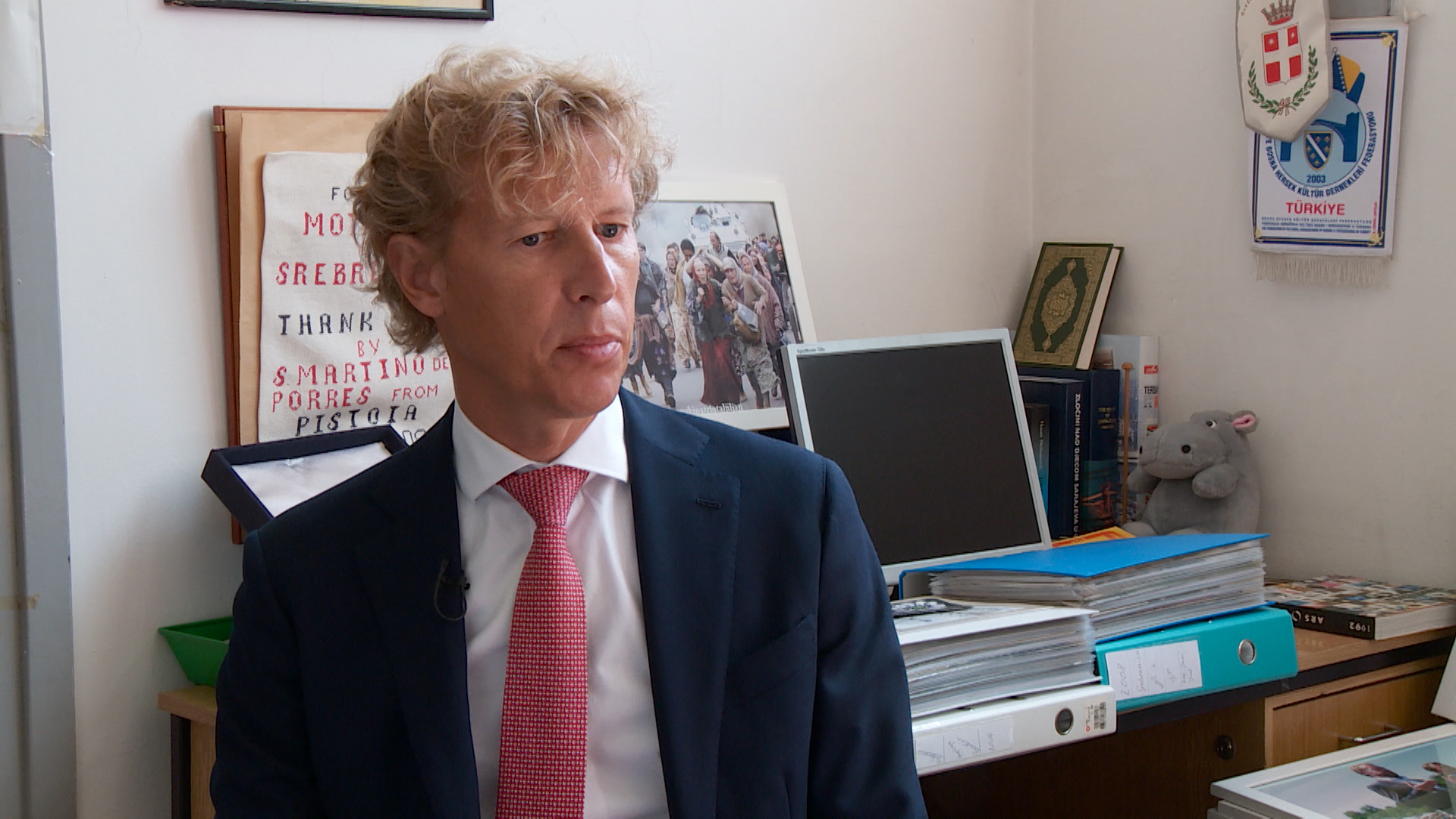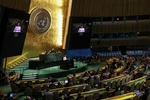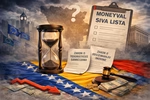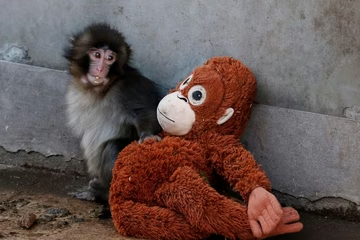Mothers of Srebrenica lawyer criticises ruling against the Netherlands

A member of the legal team representing the Mothers of Srebrenica, Simon van der Sluijs, criticised the ruling in the case on the Netherlands' responsibility for the death of several hundreds of Srebrenica genocide victims, saying that the country was responsible by more than the ten percent stated in the ruling.
Oglas
When Bosnian Serb forces overran in 1995 the eastern Bosnian town of Srebrenica, which had been proclaimed a UN Safe Zone, several hundred Bosniak men entered the UN base where the Dutch battalion was stationed in an effort to escape the massacre.
However, the battalion did not let the men stay, and about 300 of them were killed by Bosnian Serb forces.
The Supreme Court of the Kingdom of The Netherlands ruled in July that the Netherlands was partly responsible - by ten percent - for the deaths of those men.
Oglas
“The explanation or the ruling stated that even if the men would have been left inside the base, the possibility that Serb forces would have bombed the base and they would have been killed anyway was 90 percent. So, the chances of them surviving was 10 percent,” he said, adding that “such a calculation cannot be explained.”
He added that lawyers of the Mothers of Srebrenica argued that all of Srebrenica was a UN-protected zone, which should imply full protection.
“We believe that the UN base enjoyed full protection and that the international community would not have allowed Serb forces to bomb or attack the base. So we believe that they (the victims) would have definitely had a 100 percent chance to survive if they would have stayed in the base,” he argued.
He also spoke about why the process took so long.
Oglas
“We had to first complete the process against the United Nations, which we sued as well. Only after six years was it determined that the UN has immunity from any kind of court proceedings, and only then could we continue the case against the Netherlands,” he explained, adding that the Netherlands also did not want the process to be completed.
The goal of the ruling was to enable better living conditions to the survivors, as it states that the government of the Netherlands needs to pay reparations to them, he said.
Kakvo je tvoje mišljenje o ovome?
Učestvuj u diskusiji ili pročitaj komentare
Oglas
Kakvo je tvoje mišljenje o ovome?
Učestvuj u diskusiji ili pročitaj komentare
Oglas
NAJČITANIJE
Oglas
Oglas
Najnovije
Oglas
Oglas





 Srbija
Srbija
 Hrvatska
Hrvatska
 Slovenija
Slovenija



























































